
The ALIGN micro-granting facility is a responsive research fund. The micro-grants are intended to respond to knowledge gaps by supporting the development of new research, learning and reflection materials, and knowledge on discriminatory and harmful gender norms, to inform policy and practice outputs.
All open calls of interest for funding will be detailed on this page as well as information about previous funding rounds.
Open call for funding
We do not currently have any open calls for proposals.
Please check this page regularly or follow ALIGN on LinkedIn for the latest updates.
Ongoing funded research
Multiple rounds of funded research are currently underway focusing on:
- Arts-based approaches to promote GBV-related gender norm change
- Feminist movements and LGBTQI+ movements in South Asia: challenging norms underpinning GBV
More details will follow about these award-winners and their research.
Previous funding rounds
Report
2 Marzo 2026
Published by: ALIGN, PDAG
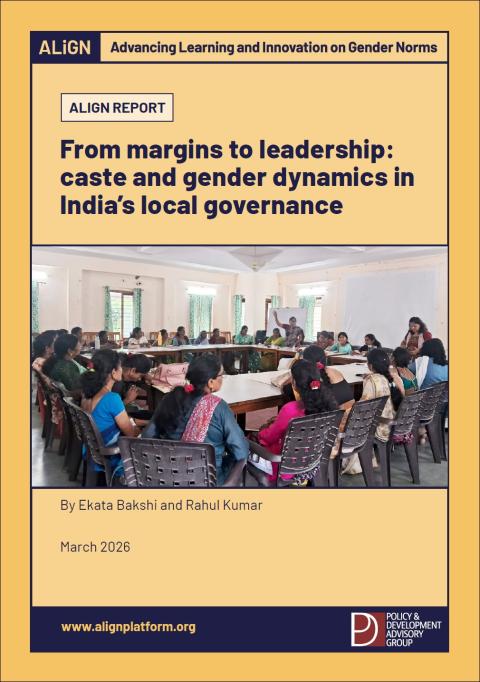
14 June 2024
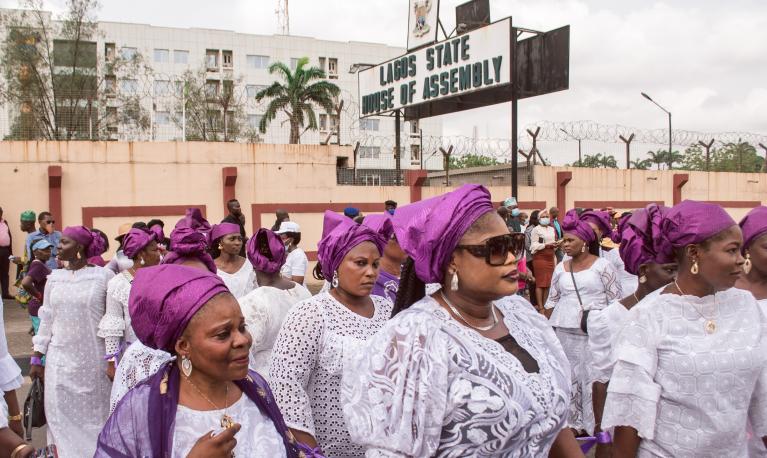
16 April 2025

Report
26 Marzo 2025
Published by: ALIGN, CIEDUR
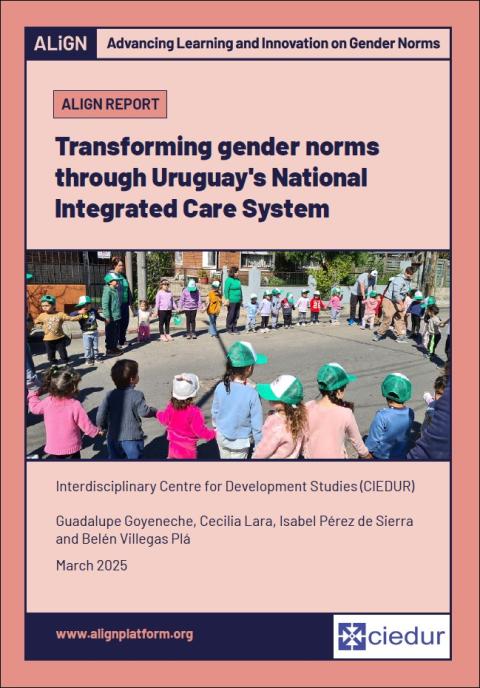
26 March 2025

Report
19 Noviembre 2024
Published by: ALIGN, Mexfam
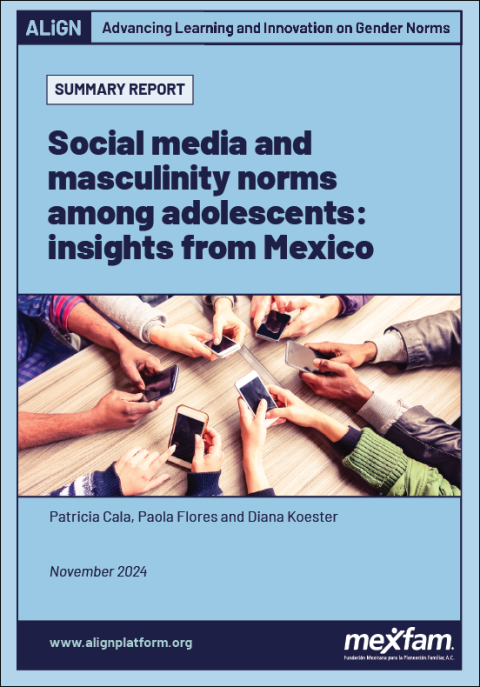
1 November 2024
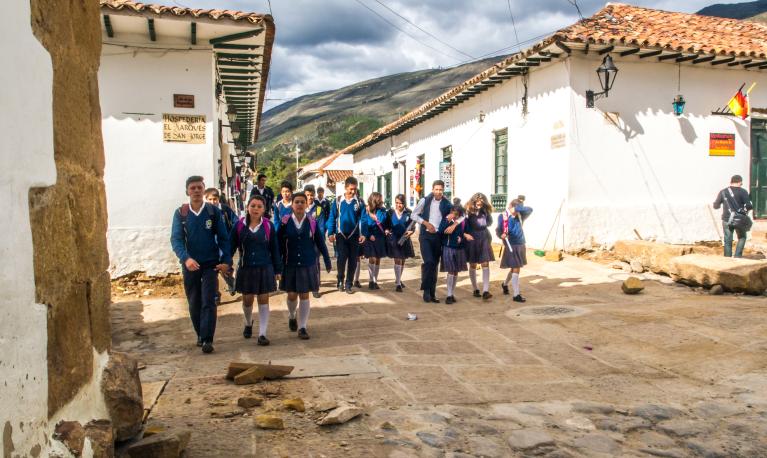
31 October 2024
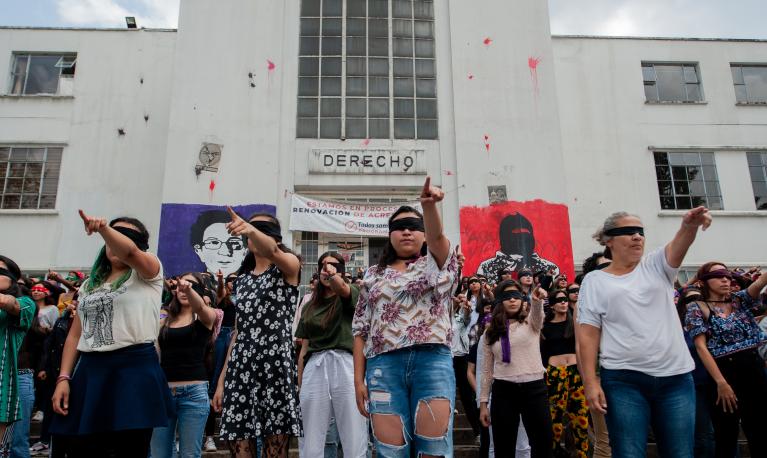
16 May 2024
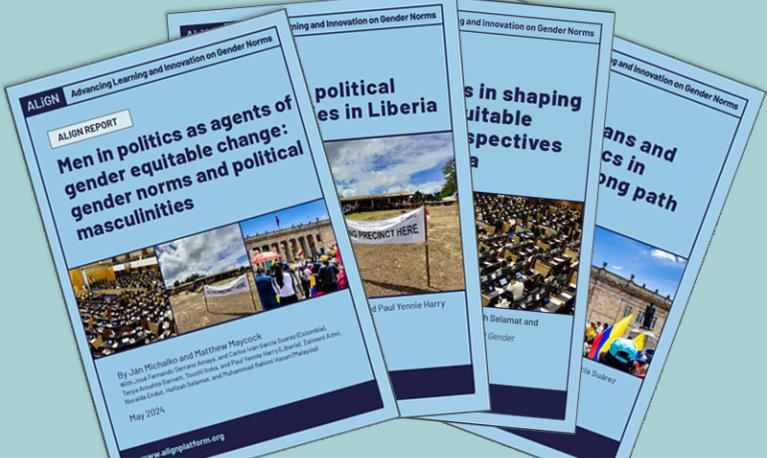
6 July 2023
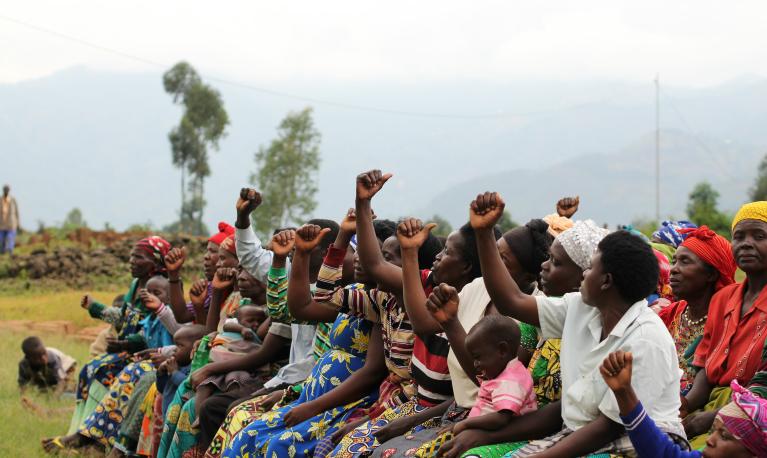
27 April 2022
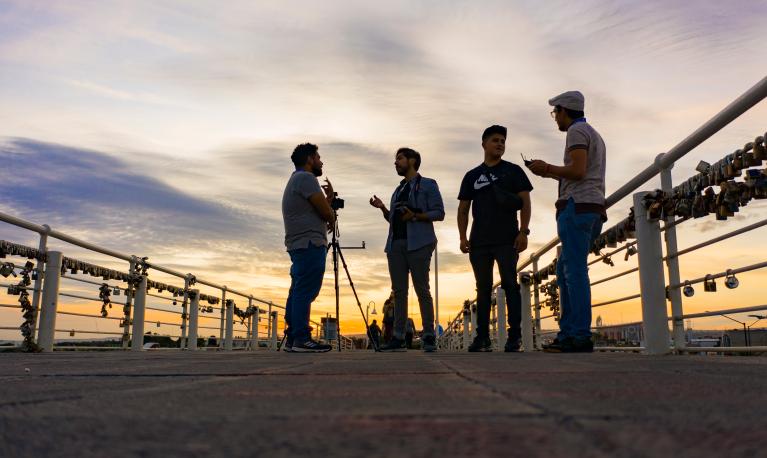
9 June 2021
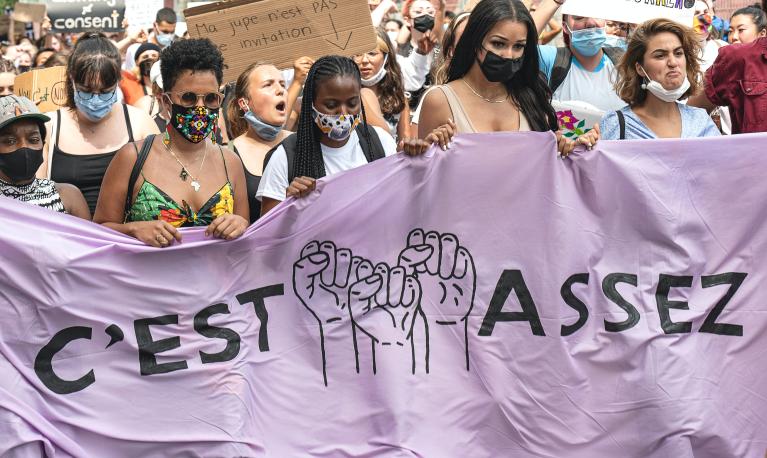
Funded research outputs
Report
3 Diciembre 2025
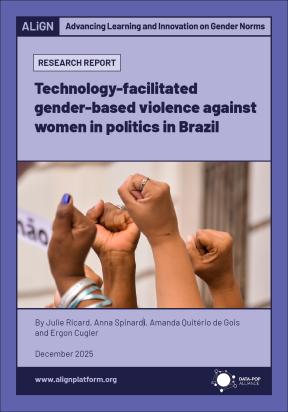
Report
28 Noviembre 2025

Report
14 Abril 2025
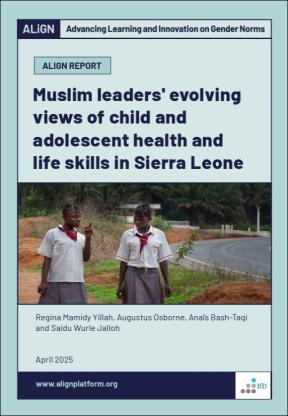

Content is loading...